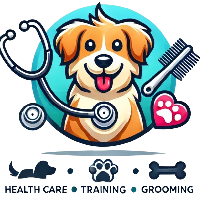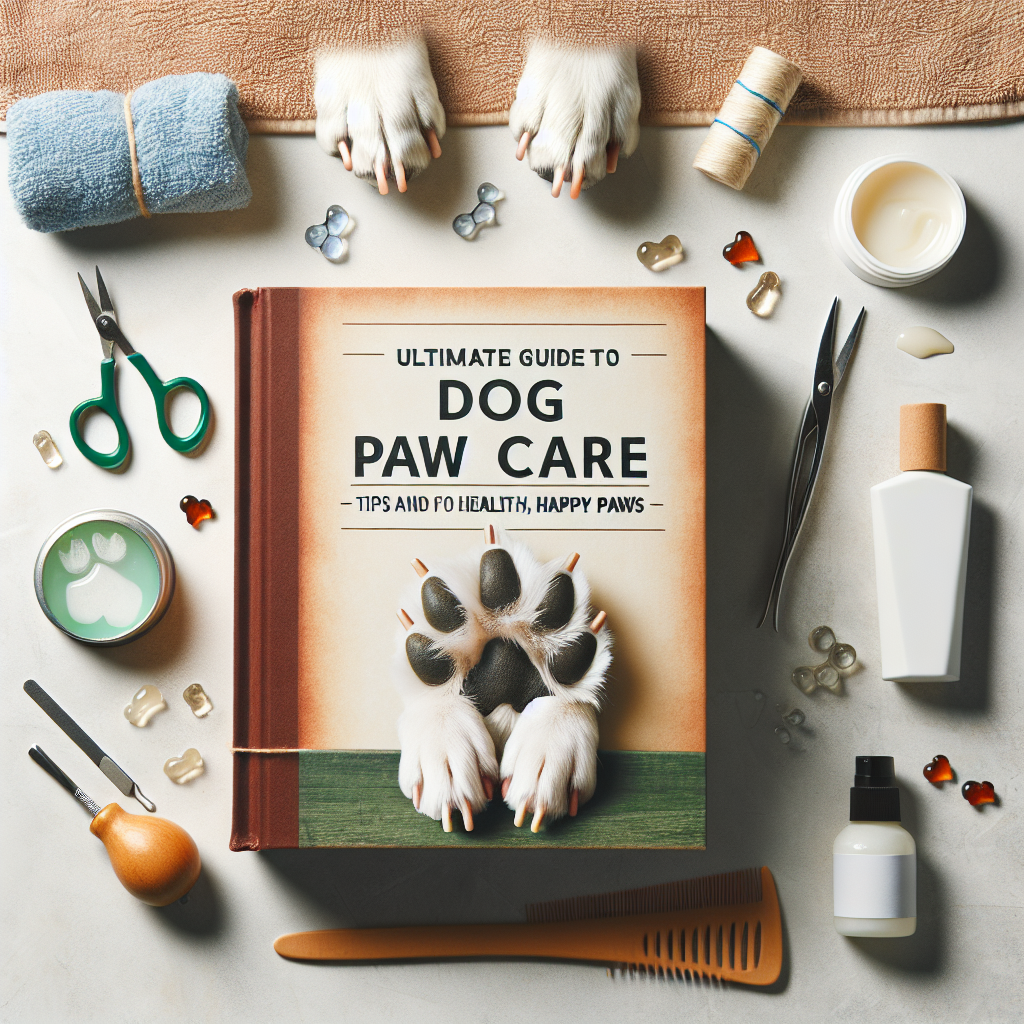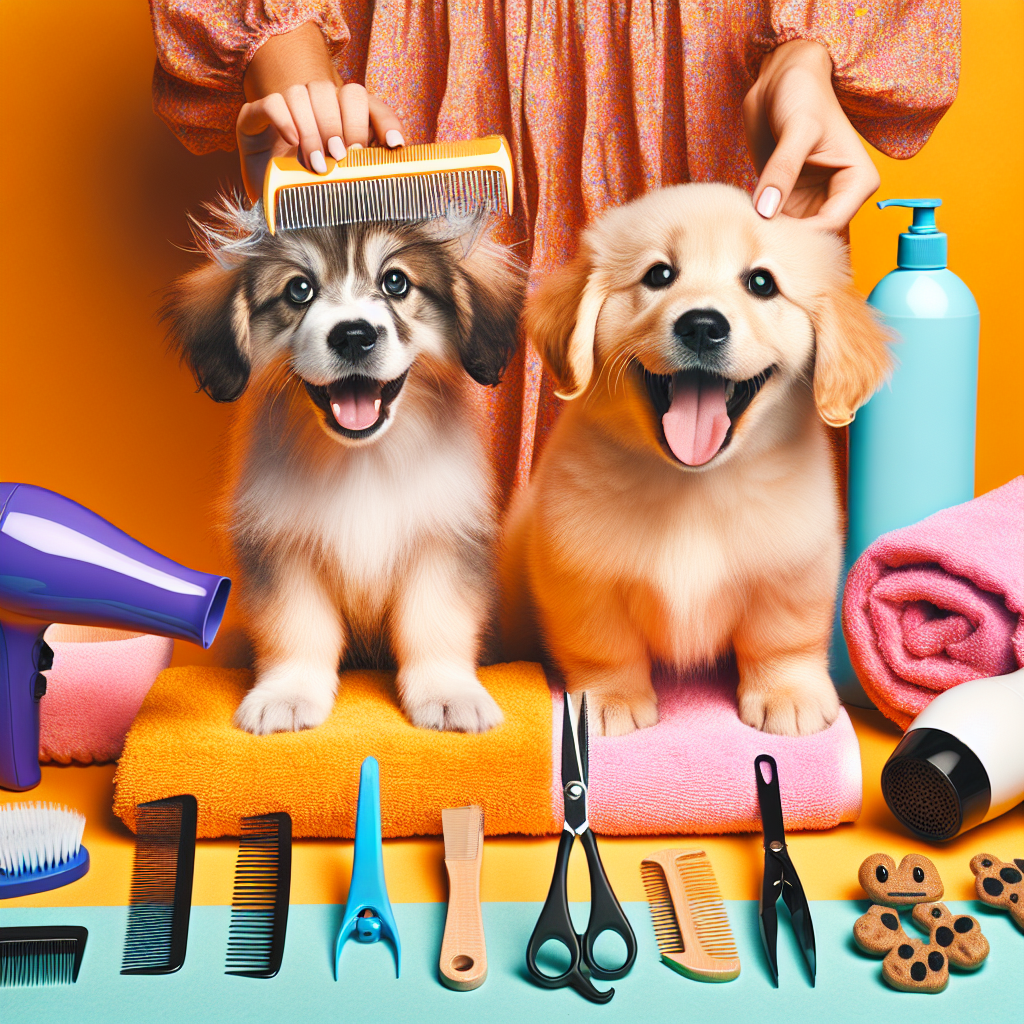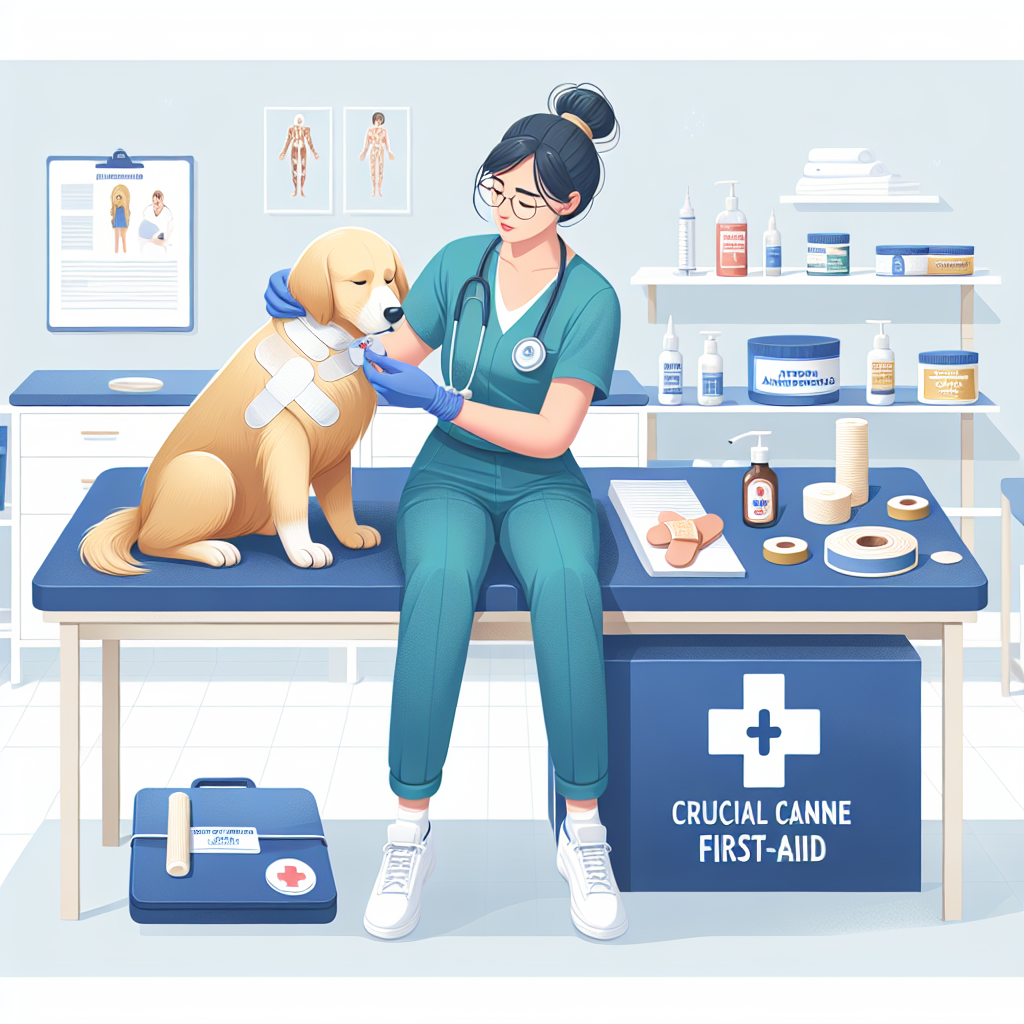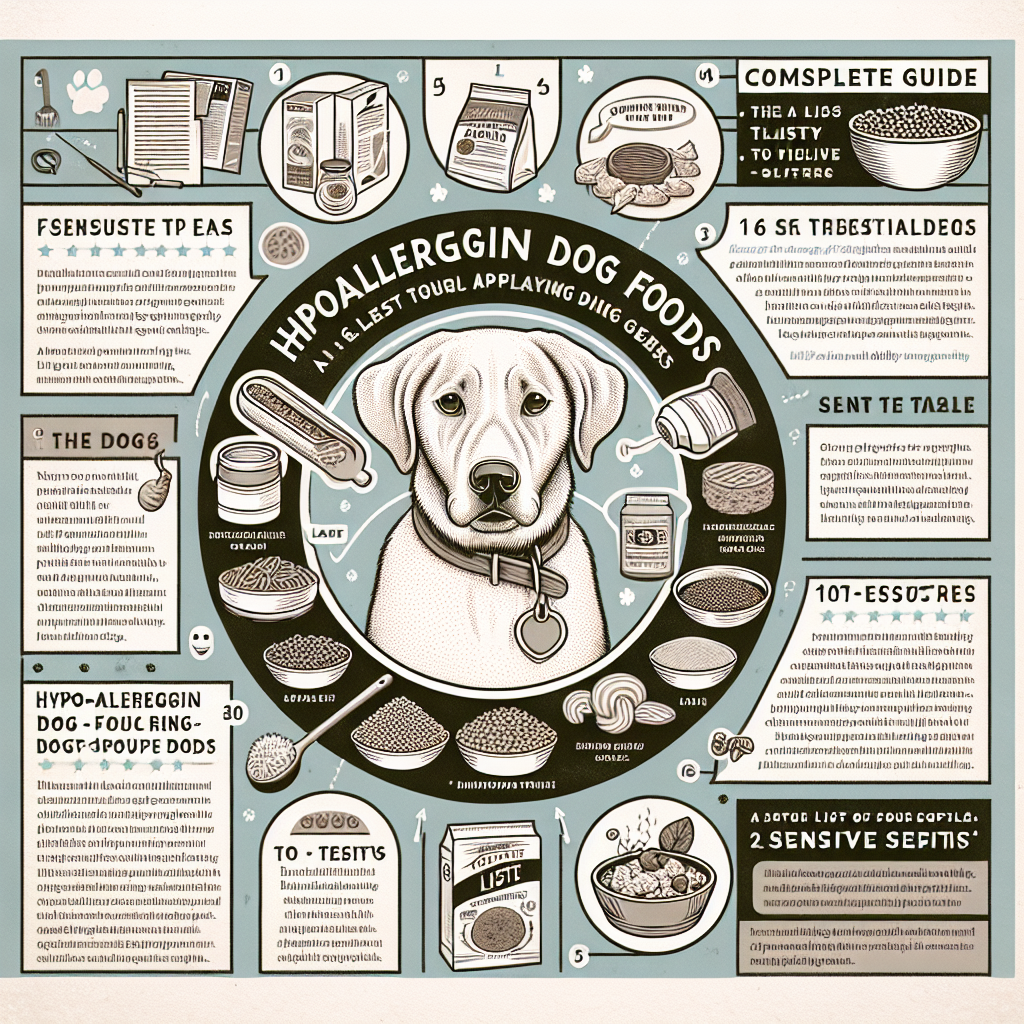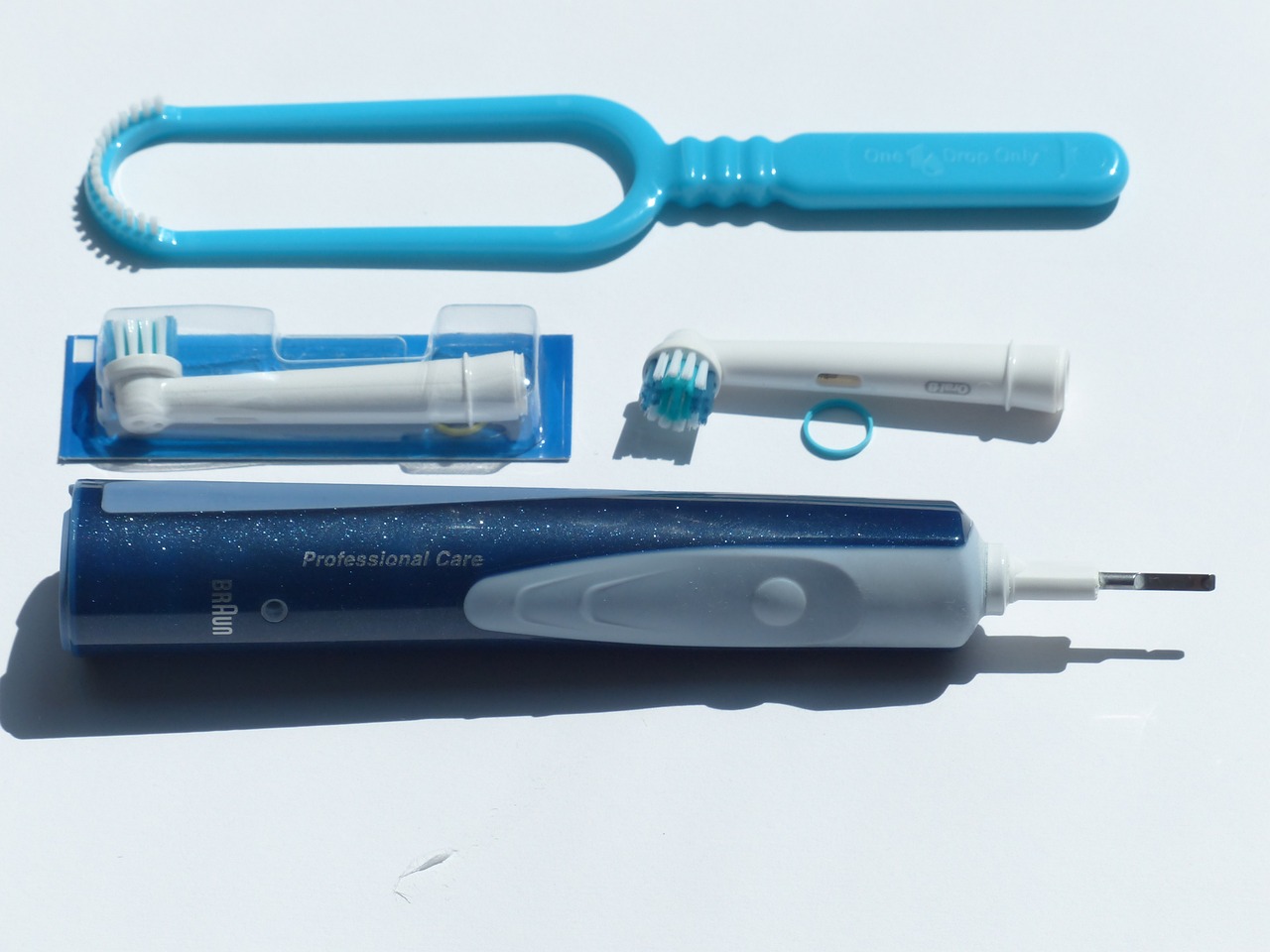
Maintaining optimal dental health is essential for the overall well-being of your furry friend. Just like humans, dogs can suffer from a range of dental issues, including plaque, tartar, periodontal disease, and even tooth loss. Preventative care through diligent dental hygiene can enhance your dog’s quality of life and longevity. Below, we explore ten crucial tips to ensure your dog’s teeth remain in top condition.
1. Regular Brushing
Why Brushing Matters
Daily brushing is the cornerstone of canine dental health. It helps remove plaque before it hardens into tartar, thereby preventing gum disease and tooth decay. Brushing also reduces bad breath and keeps your dog’s mouth fresh.
How to Brush Your Dog’s Teeth
- Choose the Right Tools: Use a dog-specific toothbrush. Human toothbrushes can be too harsh and may not reach the crevices in a dog’s mouth. Additionally, use dog-friendly toothpaste; never use human toothpaste, as it contains ingredients that can be harmful to dogs.
- Get Your Dog Comfortable: Start by letting your dog sniff and lick the toothbrush and toothpaste. Graduate to gently handling their mouth and touching their teeth.
- Brushing Technique: Lift your dog’s upper lip and brush in small circular motions. Focus on the gum line, as this is where plaque and tartar accumulate. Aim for at least 2 minutes of brushing.
- Frequency: Daily brushing is ideal, but if that’s not possible, aim for at least 3-4 times per week.
2. Dental Chews and Toys
The Benefits
Dental chews and toys are designed to help clean your dog’s teeth through gnawing actions that mechanically scrape off plaque and tartar. They also stimulate saliva production, which serves as a natural cleanser.
Choosing the Right Products
- Size and Durability: Pick chews and toys appropriate for your dog’s size and chewing strength.
- Ingredients: If opting for edible dental chews, choose those with natural ingredients. Avoid products with artificial flavors or colors.
- Safety: Ensure that toys are non-toxic and cannot be swallowed or broken into smaller pieces that could pose a choking hazard.
3. Professional Cleanings
Importance of Veterinary Cleanings
Professional dental cleanings by your veterinarian are indispensable. These cleanings allow for a thorough examination of your dog’s oral health, including areas that are hard to reach with regular at-home care.
What to Expect
- Anesthesia: To perform a comprehensive dental cleaning, your dog will likely be put under anesthesia. This allows the vet to clean below the gum line and around the back teeth.
- Scaling and Polishing: The vet will use specialized tools to scale off tartar and plaque and polish the teeth to smooth any irregularities.
- Frequency: Depending on your dog’s dental health, professional cleanings are generally recommended annually or bi-annually.
4. Healthy Diet
Diet’s Role in Dental Health
Just like with humans, a balanced diet can significantly affect your dog’s dental health. Foods high in sugars and grains can contribute to plaque buildup.
What to Feed
- Dry Kibble: Dry kibble helps scrub your dog’s teeth as they chew, reducing plaque formation. Opt for high-quality, grain-free kibble.
- Raw Bones: Raw bones can be beneficial for dental health, naturally scraping teeth as your dog gnaws. However, always consult your vet before introducing raw bones to ensure they’re appropriate for your dog.
- Avoid Table Scraps: Giving your dog human food, particularly sugary or starchy foods, can adversely affect their oral health.
5. Regular Mouth Inspections
How to Conduct an Oral Examination
Regularly inspect your dog’s mouth for any signs of dental issues. This can help you catch problems early before they become severe.
What to Look For
- Bad Breath: Persistent bad breath could indicate dental problems.
- Discoloration: Look for yellow or brown buildup on the teeth, which signals tartar accumulation.
- Red or Bleeding Gums: These could be signs of gum disease.
- Loose Teeth: Wobbly or missing teeth need immediate veterinary attention.
- Swelling or Lumps: Check for any abnormal swelling or lumps inside the mouth or around the jawline.
6. Dental Wipes and Gels
Why Use Dental Wipes and Gels
For dogs that are resistant to brushing, dental wipes and gels can be a relatively easier alternative. These products are designed to remove plaque and freshen breath.
How to Use Them
- Dental Wipes: Wrap a dental wipe around your finger and gently rub it against your dog’s teeth and gums.
- Dental Gels: Apply the gel directly onto your dog’s teeth and gums, or spread it using your finger or a toothbrush.
7. Water Additives
Benefits of Water Additives
Water additives work as an easy supplement to assist in dental hygiene. They contain enzymes and antibacterial agents that help reduce plaque and tartar buildup.
How to Use Them
Simply add the recommended amount to your dog’s water bowl. Make sure to follow the dosage instructions carefully, and monitor your dog to ensure they are drinking enough water after the additive has been introduced.
8. Preventive Exams
Regular Veterinary Checkups
Routine veterinary checkups are crucial for maintaining your dog’s dental health. These checkups provide an opportunity for early detection and treatment of potential issues.
Components of a Dental Exam
- Visual Inspection: The vet will visually inspect your dog’s teeth and gums for signs of disease.
- X-rays: In some cases, your vet may take dental x-rays to look for issues below the gum line.
- Full Mouth Probe: Using a dental probe, the vet will check for pockets around the teeth that could indicate periodontal disease.
9. Preventive Medications
When Medications are Necessary
For dogs prone to dental issues, your veterinarian may prescribe specific oral health supplements or medications that can help prevent plaque and tartar buildup.
Types of Preventive Medications
- Antiseptic Gels: These are applied directly to your dog’s gums and teeth to reduce bacterial growth.
- Enzymatic Chews: These contain enzymes that help break down plaque and tartar.
- Oral Rinses: Medicated oral rinses can be used to kill bacteria and freshen breath.
10. Educate Yourself and Your Family
The Importance of Knowledge
Educating yourself and your family members about the importance of canine dental health and the best practices to maintain it is crucial. A well-informed household can ensure that your dog receives consistent and effective dental care.
How to Stay Informed
- Veterinary Advice: Always consult your vet for personalized advice and recommendations tailored to your dog’s specific needs.
- Online Resources: Utilize reputable online resources, including veterinary websites and pet care forums, for additional tips and information.
- Workshops and Webinars: Attend workshops and webinars on pet dental care to keep yourself updated with the latest practices and products.
Involving the Family
- Delegate Tasks: Assign specific dental hygiene tasks to different family members to ensure consistency.
- Training Sessions: Allocate time for family training sessions to teach everyone the right way to brush and inspect your dog’s teeth.
- Creating a Routine: Establish a regular dental care routine that fits into the family’s daily schedule, making it easier to remain consistent.
Conclusion
Maintaining your dog’s dental health is a crucial component of their overall well-being. By adhering to these ten essential tips—regular brushing, providing dental chews and toys, scheduling professional cleanings, ensuring a healthy diet, conducting regular mouth inspections, using dental wipes and gels, adding supplements, having preventive exams, giving preventive medications, and involving your family in dental care—you can help keep your furry friend’s teeth sparkling, healthy, and strong. The effort put into these dental practices will pay off in the form of a happy, healthy, and long-lived canine companion who is free from the pain and complications of dental disease.
#ChatGPT assisted in the creation of this article.
